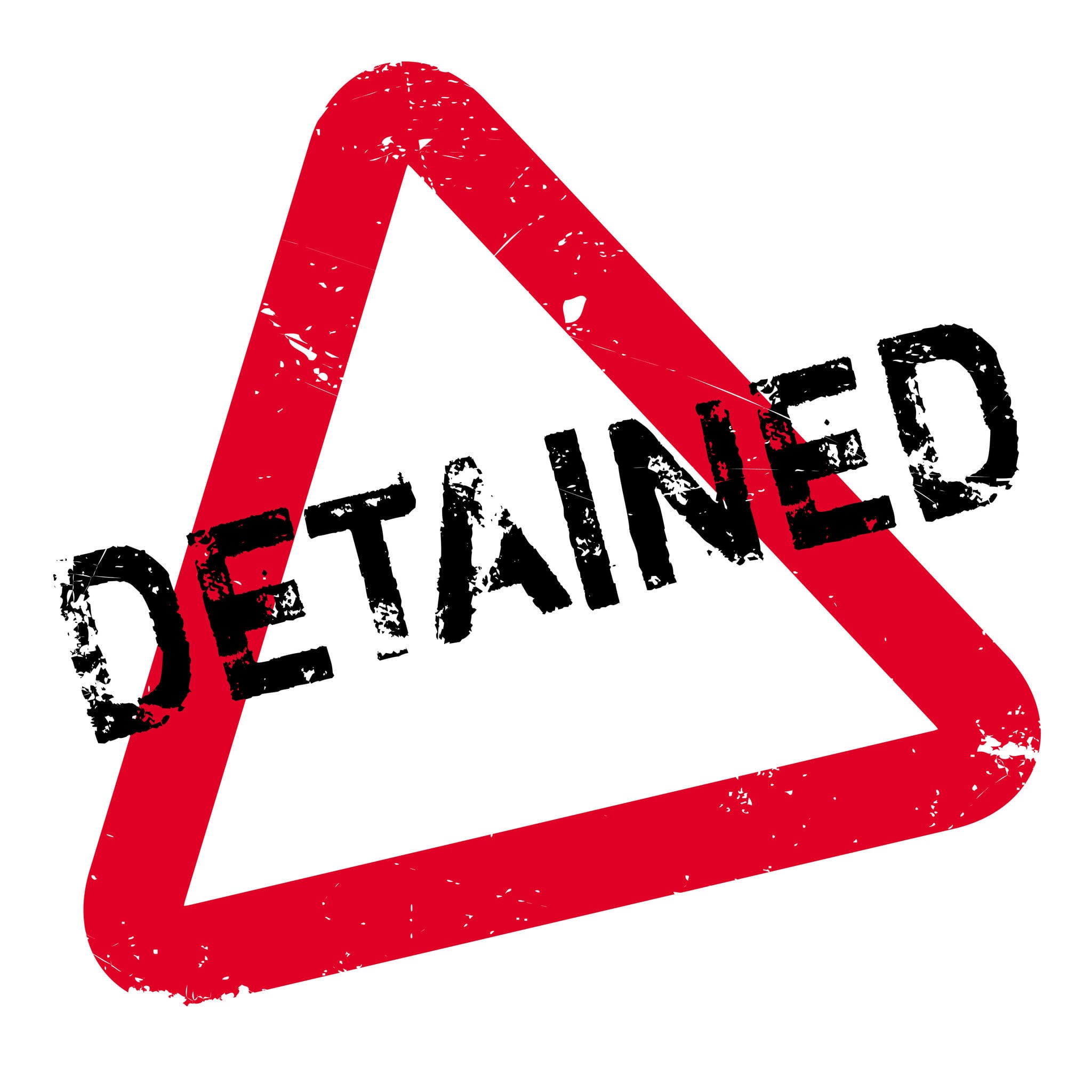
Just days after defending the policy, Donald Trump recently signed an executive order prohibiting the practice of separating children from their parents seeking entry into the United State. At the time the president signed the order, his administration had no plan for reuniting the 2,300 children who had already been taken from their parents and placed in an assortment of detention facilities.
What are the origins of this kind of family separation policy? And what does this policy mean for asylum seekers who want to enter the United States?
Flores v. Reno
While the recent photos of children in detention facilities have sparked outrage, harsh immigration policies are nothing new. The sharp turn against immigrants stems from a 1997 Supreme Court decision.
Flores v. Reno gave immigration officials two options when children are apprehended trying to unlawfully enter the U.S. or when they are brought unlawfully into the country by their parents.
The first option is to place children with a relative or family friend “without unnecessary delay.”
The second option permits detention; however, the detention of parent and child cannot exceed 20 days and children must be detained under the “least restrictive conditions.” This second option prohibits the children from being placed in jail with their parents.
While Flores offers a framework for dealing with family detention of immigrants, it has enough precedential value to halt Trump’s executive order which was designed to eliminate due process protections from nation’s immigration policies. This was clearly evidenced by the Trump administration’s attempt to reverse the 20-day limit and detain families indefinitely. A federal court recently put a stop to this effort.
The “Zero-Tolerance” Policy
Using the restrictions in place by Flores, U.S. Attorney General Jeff Sessions last month announced that the United States would adopt a “zero tolerance” policy toward unlawful entry into the country that would result in immediate criminal prosecution. He instructed U.S. Attorneys on the Southwest border to prosecute any and every one entering the country without permission.
This zero tolerance policy inevitably resulted, as intended, in the detention and separation of parent/child by the thousands. In fact, the policy remains in place, the president’s executive order notwithstanding.
Congressional lawmakers are set to vote on laws addressing immigration in the next coming weeks.
Soon after Trump signed the executive order, he ordered the military to set up facilities on military bases that would hold up to 20,000 migrants. The bases, located in Texas and Arkansas, may or may not be able to house detained children and keep families together.
In effect, as is the case with most of Trump’s policy decisions, confusion and chaos abounds as the government grapples with how to implement the zero tolerance policy. There are many online resources that attempt to make sense of everything going on, but they can only do so much.
Illegal Entry and Asylum Laws: What You Need to Know
Illegal entry is a misdemeanor crime in the United States. Migrants convicted of illegal entry may be placed in jail for up to six months and fined up to $250. Penalties are increased if the person has attempted to illegally enter the country before.
Many migrants have been charged with immigration crimes for seeking asylum.

Asylum is a status granted to refugees who have fled their home country due to fears of persecution “on account of race, religion, nationality, membership in a particular social group, or political opinion.” Under the laws of our country, an asylum request is not a crime.
However, under Trump’s restrictive immigration policies, immigrants presenting themselves to border officials seeking asylum may still be detained. This process can take months – or even years.
For more information on how you or a loved one can fight immigration charges, reach out to a skilled federal immigration lawyer. As Trump continues to respond to the international outrage over separating families and enforcing their “zero tolerance” policy, things may change. Contact a professional who has experience defending people attempting to enter the country in order to help you get the best outcome for you, your family, or your loved ones.



